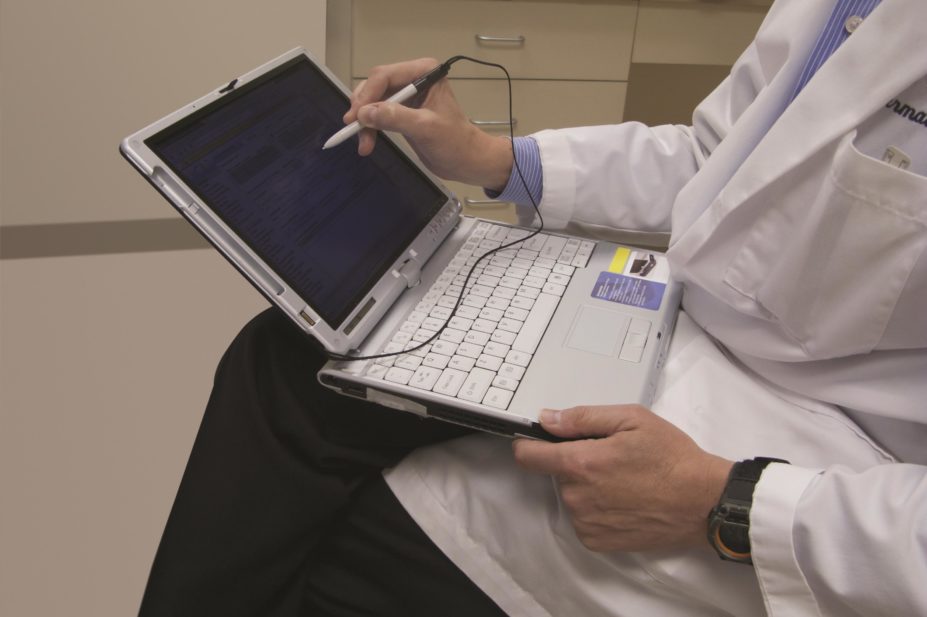
Shutterstock.com
NHS England and several pharmacy organisations have reassured the public about pharmacists having access to confidential medicines information when the profession is given access to the summary care record (SCR) in England in autumn 2015.
The move follows what some of the organisations describe as a “misleading” report in the
Sunday Telegraph
on 9 August 2015, which says high street pharmacies including Boots, Superdrug and Tesco will have access to the data.
A statement from NHS England and the Health and Social Care Information Centre (HSCIC) points out that the SCR is used with explicit consent from the patient and that the information will only be accessible to regulated pharmacy professionals through a secure, encrypted private network. “This information is not accessible by other means and will never be available to supermarkets for other purposes, such as marketing,” they say.
Separately, in a joint letter to the Sunday Telegraph, Pharmacy Voice, the Royal Pharmaceutical Society and the Pharmaceutical Services Negotiating Committee also tried to put the record straight. They echoed the statement from NHS England and the HSCIC, writing that patient consent must be sought before the record is accessed, that access to the data is chip and pin secured and that any access will have a traceable record.
The letter also points out that the SCR contains only minimal clinical data. It includes information about prescribed medicines, any recorded adverse reactions and any known allergies. It does not include diagnoses.
“Private medical information will never be linked to a patient’s store loyalty cards or any marketing promotions,” they write.
The organisations also describe the benefits of allowing pharmacist access to the data. “Currently, poor care can result because different health professionals treating the same patient don’t have access to vital health information. This is totally unacceptable and patients agree with this too.”
In a statement released on 10 August 2015, the professional regulator the General Pharmaceutical Council (GPhC) reiterated data protection controls governing access to the SCR.
Duncan Rudkin, GPhC chief executive, said professional standards stipulate that pharmacists and pharmacy owners have to hold patient information securely and have to respect patient privacy. The profession also has to abide by data protection law: “We make clear to pharmacies and pharmacy professionals that they must comply with all requirements regarding how patients’ personal information is used.”
Health minister Alistair Burt announced on 23 June 2015 that community pharmacists in England would have access to the SCR from autumn 2015. The decision followed the success of a pilot project involving 140 pharmacies in England given access to the SCR.
An analysis of the pilot’s findings suggested that by accessing information contained within the SCR, pharmacists were able to avoid having to refer the patient to another health service in 92% of cases. Of these encounters, 56% would have been signposted to the GP, 22% to an out-of-hours GP service or NHS 111 and 1% to accident and emergency departments. In 18% of cases, having access to the SCR meant a prescribing error was avoided, says a report of the findings.


